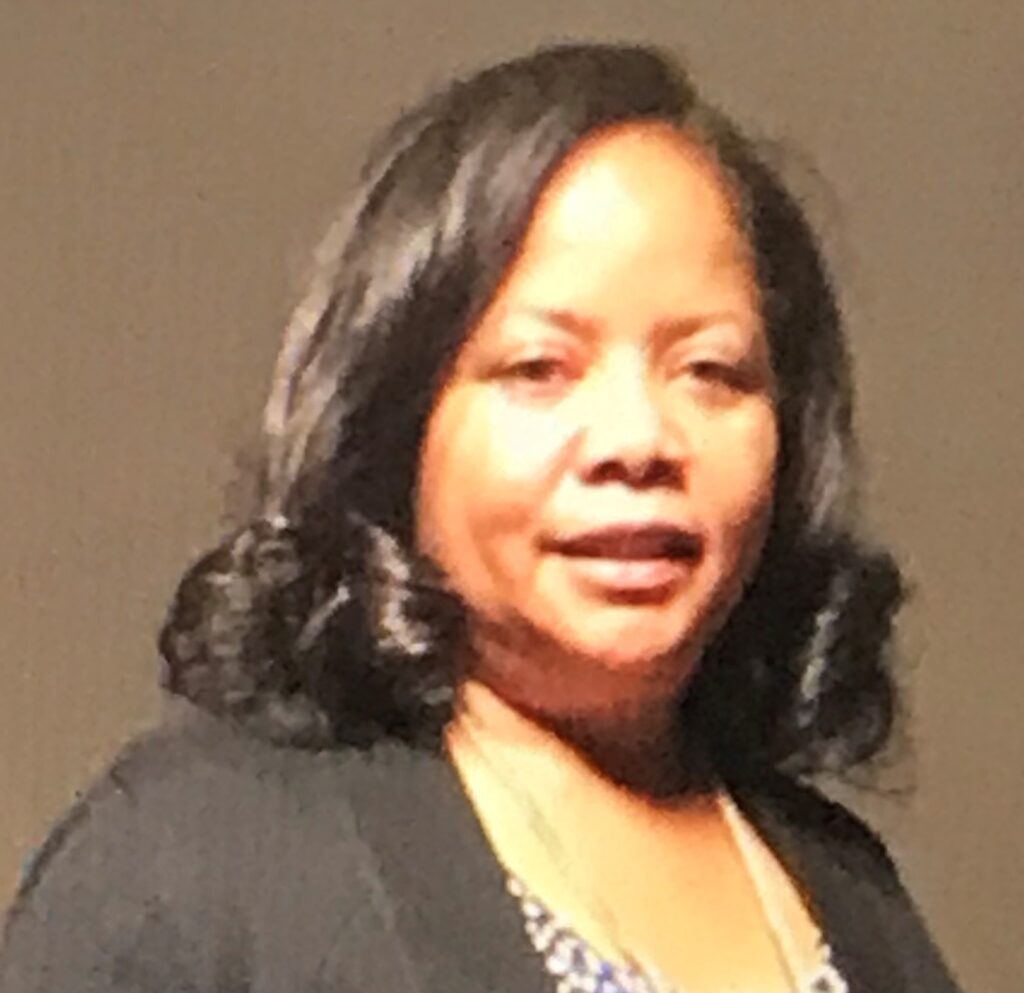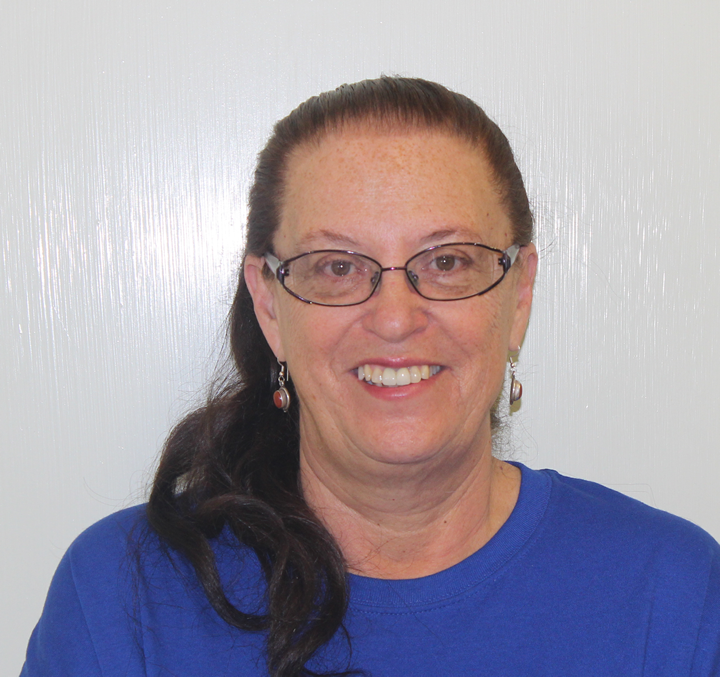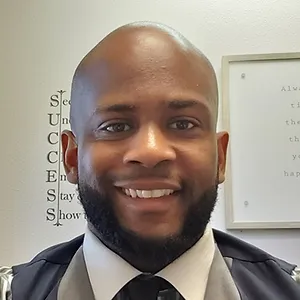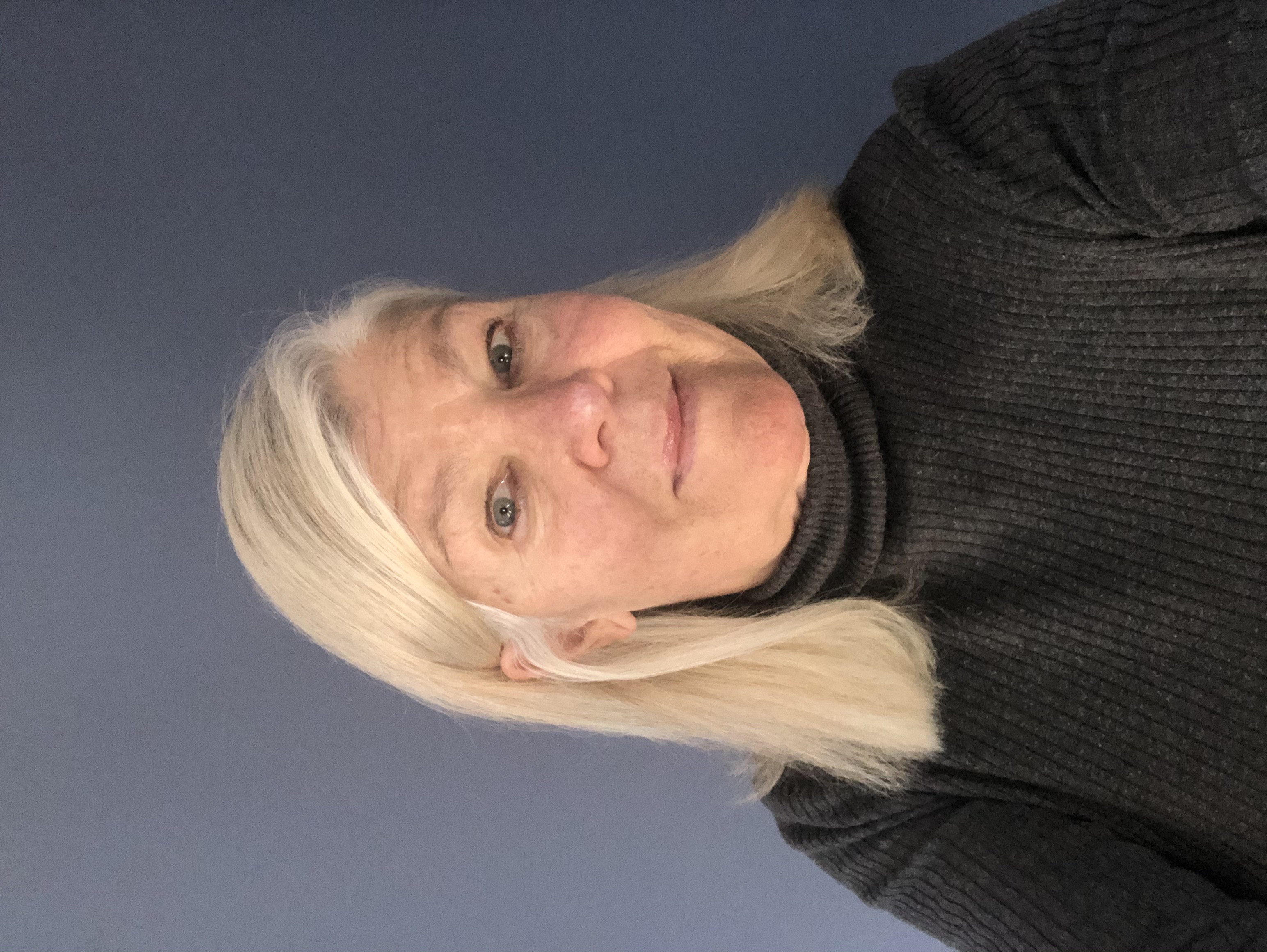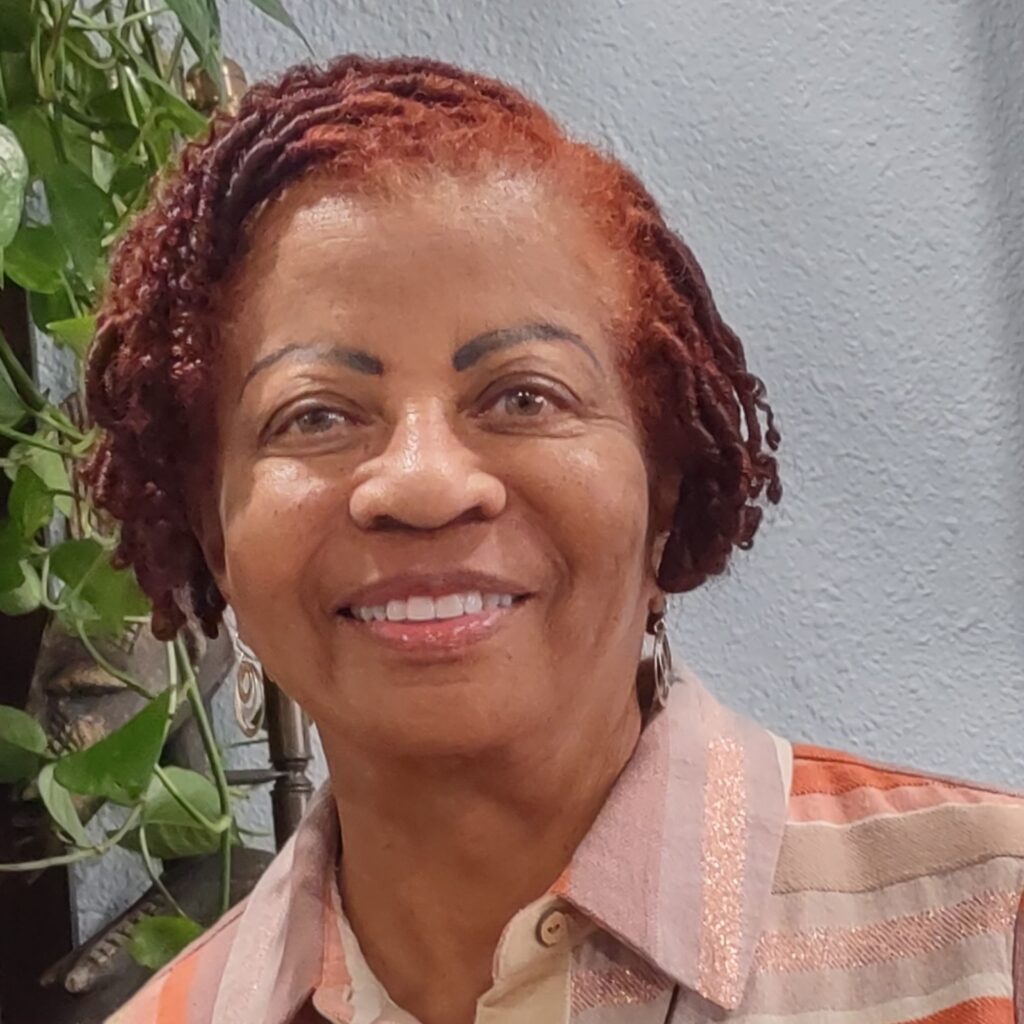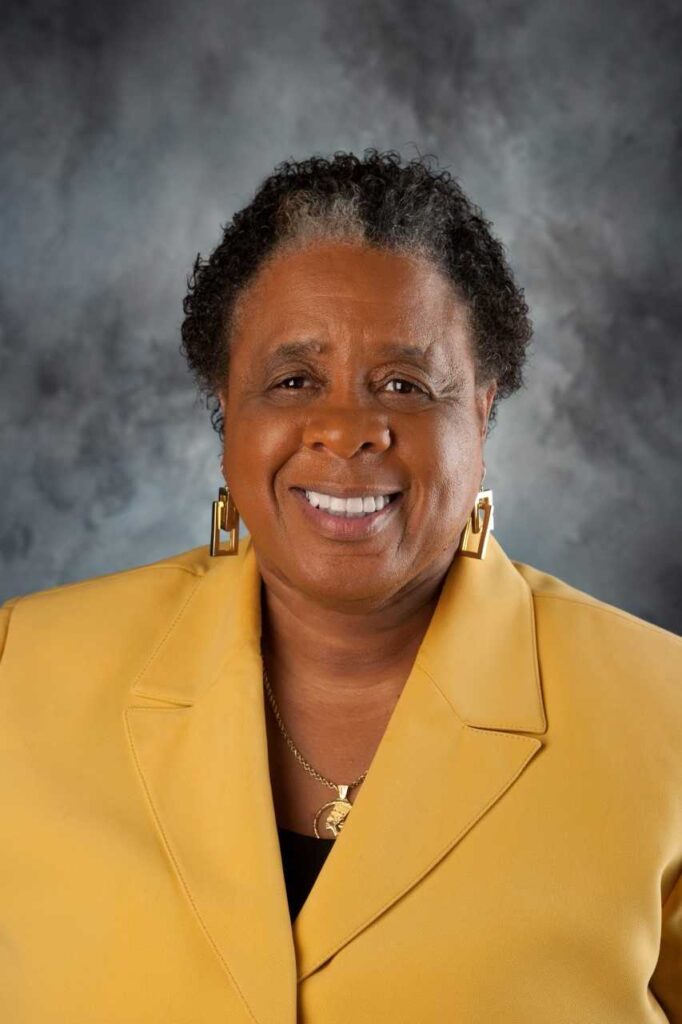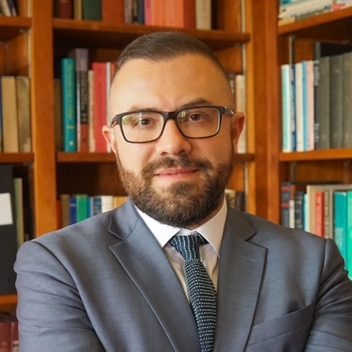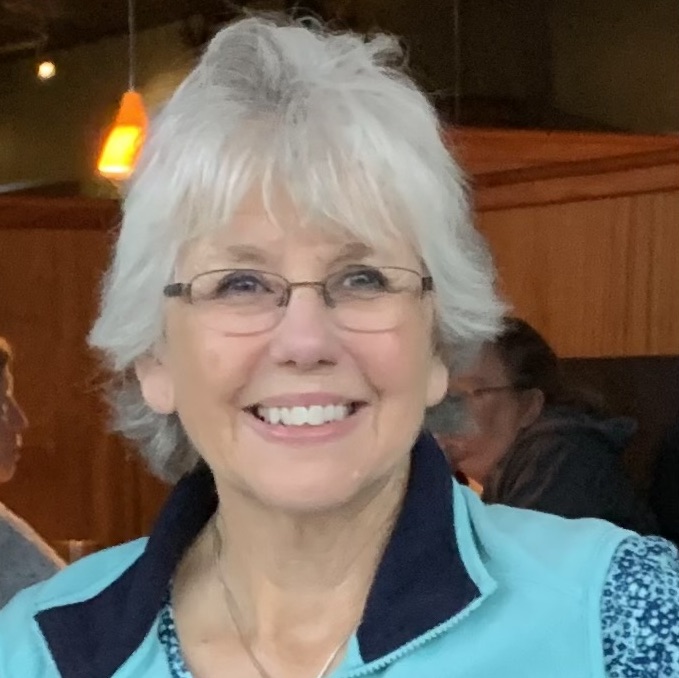The State Performance Plan-Technical Assistance Project (SPP-TAP) Technical Assistance (TA) Facilitators have been a crucial support component of the SPP-TAP since 2009 as they provide ongoing support to Local Education Agencies (LEAs) in their development and implementation of Comprehensive Coordinated Early Intervening Services. They are a diverse group of professionals spread throughout California with a unique set of skills, knowledge, and experience.
How TA Facilitators Support LEAs
SPP-TAP TA Facilitators can support an LEA utilizing one of the following options.
- An LEA can select one of the Lead SPP-TAP TA Facilitators to be their sole support provider.
- An LEA can contract with one of the Lead SPP-TAP TA Facilitators who will bring in additional Facilitators to conduct specific tasks (e.g., data analysis, focus group facilitation, record reviews). The contracted SPP-TAP TA Facilitator will serve as a Lead TA Facilitator and will coordinate support services to the LEA.
- LEAs can work together, regionally or under a SELPA, to contract with a Lead SPP-TAP TA Facilitator to coordinate a team of TA Facilitators to provide support services to the group of LEAs.
Download the Menu of Services for Technical Assistance Facilitation (DOC).
Selecting a TA Facilitator
Click the names below to explore brief bios, areas of particular interest and expertise, and contact information for each SPP-TAP TA Facilitator. You can find SPP-TAP TA Facilitators by Location. And you can search by Expertise to identify SPP-TAP TA Facilitators who can provide support in a particular topic area.
For your convenience you can download a Contact List that includes names, locations, and contact information for all of the SPP-TAP TA Facilitators.

